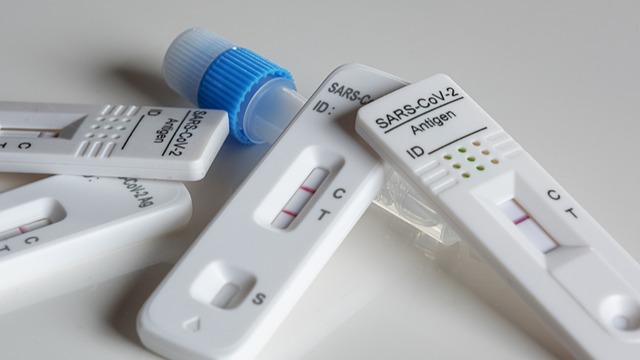Drug testing is a critical component in various settings, including workplaces, sports, and legal situations. The primary focus of drug tests is to detect the presence of substances such as drugs or medications. However, alcohol consumption can also influence drug test results in several ways, potentially leading to complications in interpretation and accuracy.
Alcohol and Drug Test Results
1. False Positives and False Negatives
Alcohol can interfere with the accuracy of drug tests, sometimes causing false positives or false negatives. For instance, certain drug tests might yield a positive result for alcohol when it is not actually present, particularly in tests that use breath samples. Similarly, alcohol consumption might impact the metabolism and excretion of other drugs, leading to false negatives where a drug is not detected despite its presence in the body.
2. Impact on Drug Metabolism
Alcohol affects liver function, which is crucial in metabolizing many drugs. When alcohol is consumed, it can alter the liver’s ability to process drugs effectively. This may result in drugs being metabolized more slowly or quickly than usual, impacting test results. For example, alcohol-induced liver enzyme changes can influence how long drugs stay in the system, potentially affecting drug levels detectable by tests.
3. Interaction with Prescription Medications
Many prescription medications have warnings against alcohol consumption because of potential interactions. These interactions can modify the drug’s effectiveness and alter how it appears in drug tests. Combining alcohol with medications like benzodiazepines or opioids can enhance their effects, which may be reflected in test results and lead to misinterpretation or additional scrutiny.
How to Help My Care Labs
1. Educate on Alcohol’s Impact
My Care Labs can improve the accuracy and reliability of drug tests by providing clear information on how alcohol consumption may affect test results. This includes educating clients on how alcohol might interact with various drugs and emphasizing the importance of accurate reporting of alcohol use during the testing process.
2. Implement Comprehensive Testing Protocols
To mitigate the effects of alcohol on drug testing, My Care Labs should consider adopting comprehensive testing protocols. This might involve using more sophisticated testing methods that differentiate between substances and provide a clearer picture of drug and alcohol levels. Additionally, protocols should include pre-test instructions that inform individuals about the potential impact of alcohol on test results.
3. Offer Post-Test Counseling
Providing post-test counseling can be beneficial in explaining any anomalies in test results. If alcohol consumption has affected the test outcome, My Care Labs should offer guidance on how this might impact the interpretation of results and provide support to navigate any resulting issues or misunderstandings.
By addressing these aspects, My Care Labs can enhance the accuracy of drug testing and better manage the complexities introduced by alcohol consumption.





Comments